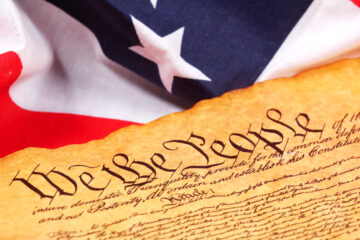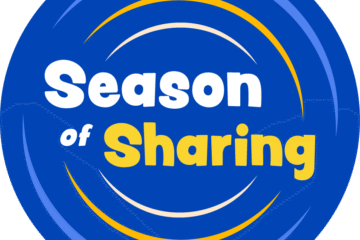There is a disturbing mindset stirring today: If you feel wronged or a victim of injustice, you can make your own rules. This is a quantum leap beyond mere civil disobedience which has always played an important role in shaping American culture since the Revolution. Martin Luther King, Jr., perhaps the most avid modern proponent of this form of resistance to tyrannical authority, recognized the use of peaceful protest to effect needed change during the civil rights era of the 1960’s. Likewise, Gandhi’s civil disobedience was a strategy of nonviolent resistance against British rule in India, aiming to achieve independence through peaceful means. It involved deliberately breaking unjust laws and refusing to cooperate with the British authorities, while maintaining complete nonviolence.
Over my career I have legally defended several across the country who exercised peaceful civil disobedience outside of abortion clinics to urge a reversal of Roe v Wade.
Today, we are witnessing a dangerous shift, at least by a segment of society, condoning the use of violence as a means to assuage some political injustice.
The latest example of this is the Luigi Mangione case. Mangione was accused of killing United Healthcare CEO Brian Thompson all in the name of retaliation against an unjust healthcare system. Shortly after his arrest, he was hailed as a folk hero by many on social media. An online community was formed to raise money to pay for his defense. To help raise funds, merchandisers sold coffee mugs and t-shirts emblazoned with Mangione’s likeness. Luigi Mangione: the Musical debuted in San Francisco to a sell-out crowd, and was so successful that it became a tour event. Smiling defiantly at the cameras, Mangione knew that he had tapped into a mob-like group of followers who shared a sense of public outrage at the healthcare system.
Recently, a New York gunman, 27-year-old Shane Tamura, opened fire in an office building killing four people over his grievance against the NFL, which had offices there. Tamura claimed to be a victim of football-related injuries. He carried with him a note stating: “Study my brain injury!”
Just what is “grievance culture?” Sociologists define grievance culture as a societal or group mindset characterized by perceived injustices, and historical wrongs. This fuels anger, resentment, and a sense of victimhood, leading to violence as a means of retribution. This culture can manifest politically, as seen in historical and modern examples of grievance-based political movements such as Black Lives Matter, or individually, in cases of lone actor violence.
Individuals who resort to violence often do so out of a perceived victimhood and react out a sense of righteous anger. Their violence is not directed at a specific individual, but rather against a class of society whom they blame for this injustice. The more grievous the wrong, the greater the justification for acting outside the rules.
As one commentator put it: “The danger is obvious. When grievance is elevated over morality, the threshold for acceptable behavior collapses. Harming others becomes a legitimate response to feeling wronged. Public safety erodes. Shared norms vanish. And in the vacuum, each person decides which rules apply to them and which do not.”
How do we counteract this dangerous trend? Some advocate appeasement as a form of addressing this issue. They argue we should counter the trend of cultural grievance by promoting empathy, opening dialogue, and shared goals to address the roots of division and reduce political polarization. Others say it is futile to employ a calm, reasoned dialogue as a means of placating imminent violence. It is hard, they would say, to invite peaceful discourse with one who is poised to ignite and hurl a Molotov cocktail at innocent bystanders because of some perceived grievance.
It’s not that grievances aren’t real. Some are, and there is a moral obligation to address and remedy them. But grievance politics inevitably leads to a breakdown in communication.
Morality originates from God, who created humanity in His image. Restoring morality biblically involves acknowledging humanity’s fallen state, embracing God’s restorative work through Christ, and living by God’s unchanging moral law as revealed in Scripture and creation. This process includes seeking God’s Spirit for transformation, practicing virtues like kindness and forgiveness, following the Golden Rule of treating others as you’d be treated, and upholding the moral clarity God established in His design for humanity.
Larry Crain, www.crainlaw.legal














